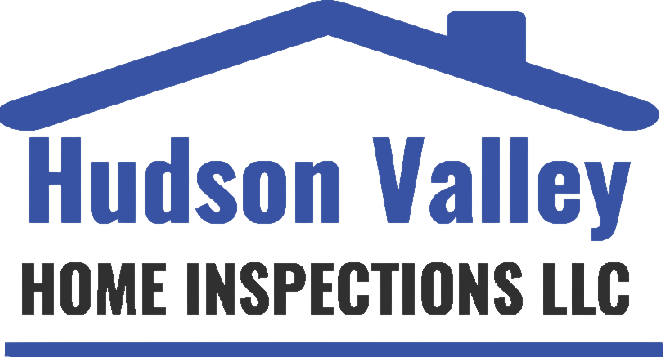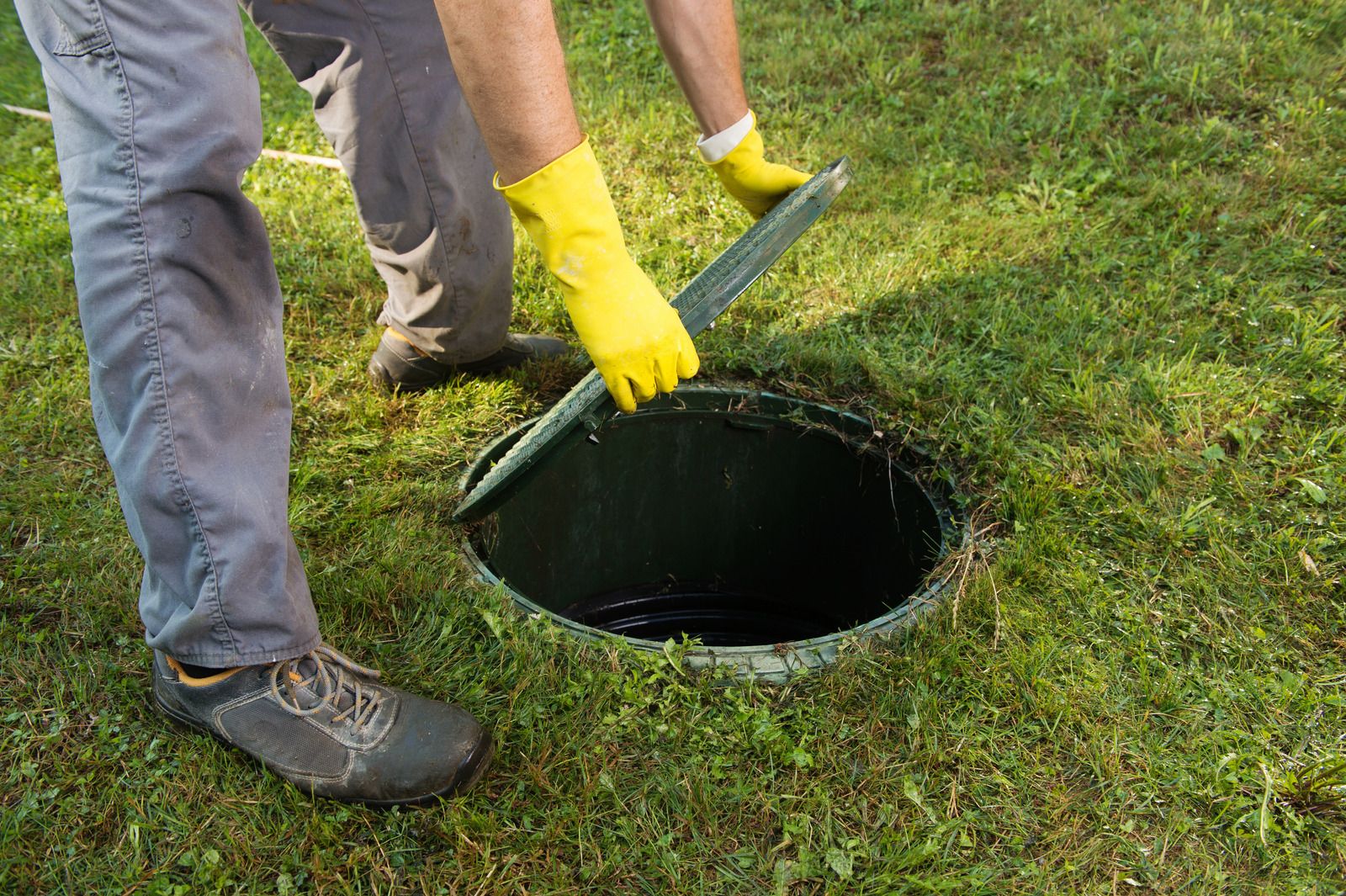Why Do I Need Regular Septic Inspections. Located In Newburgh,NY, serving the Hudson Valley, New York
Regular septic inspections are important to maintaining your home. Inspections can identify potential issues such as tank cracks or pipe blockages, allowing for timely repairs that can save you time and money down the road. Regular maintenance also helps prolong the life of your septic system, ensuring it will serve you for many years to come! Septic tanks should be inspected every 3-5 years to ensure they are functioning properly and not causing any problems with the sewer system.
Get A Quote
To cut down on your waiting time, simply book your appointment online.
What Are The Benefits of Septic Inspections?
Septic inspections offer numerous benefits to homeowners:
01
They allow for early detection and mitigation of potential problems with a septic system. In addition, these inspections can help identify any current issues and provide solutions to improve the system's overall performance.
02
Regular septic inspections can help extend the life expectancy of your septic tank by identifying areas where repairs or maintenance may be needed.
03
These inspections increase safety by ensuring your home is up to code and complies with regulations set forth by local authorities.
04
Regular septic inspections reduce long-term costs associated with major repairs or replacements due to undetected damages caused by a lack of maintenance or failure to recognize minor issues before they worsen significantly.
FAQ's
Hudson Valley Home Inspections LLC - Choose The Best In The Industry For Septic Inspections located in Newburgh, NY, serving the Hudson Valley.
Hudson Valley Home Inspections LLC is the best choice for septic inspections. With experienced inspectors and top-of-the-line technology, we accurately assess your home's septic system. Our professional staff ensures that all safety regulations are met and that any potential problems with the system are identified quickly. We also offer maintenance services to help keep your septic system running smoothly throughout its lifetime. Hudson Valley Home Inspections LLC provides superior service at a great price, making us the ideal choice for all your inspection needs!


